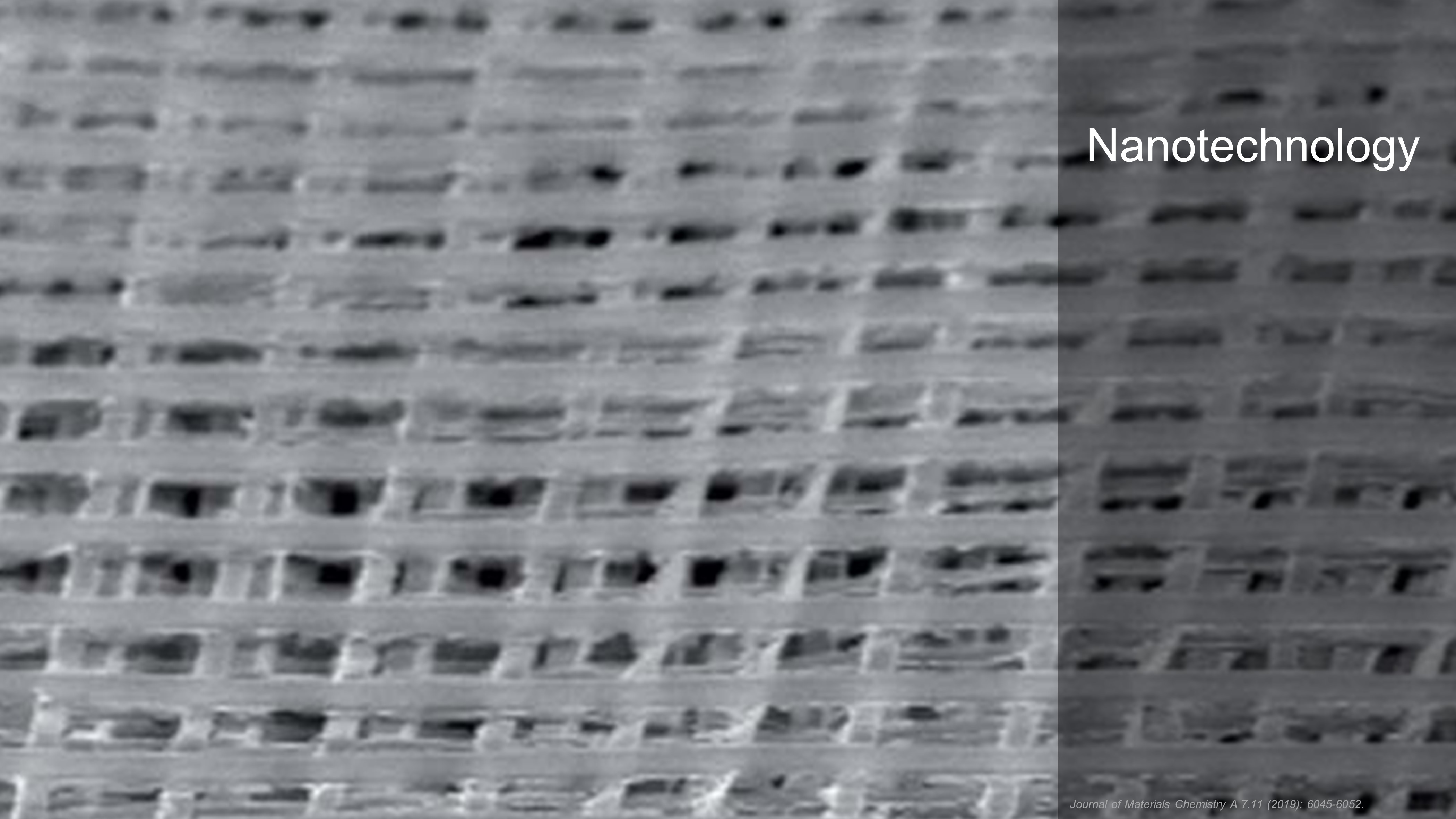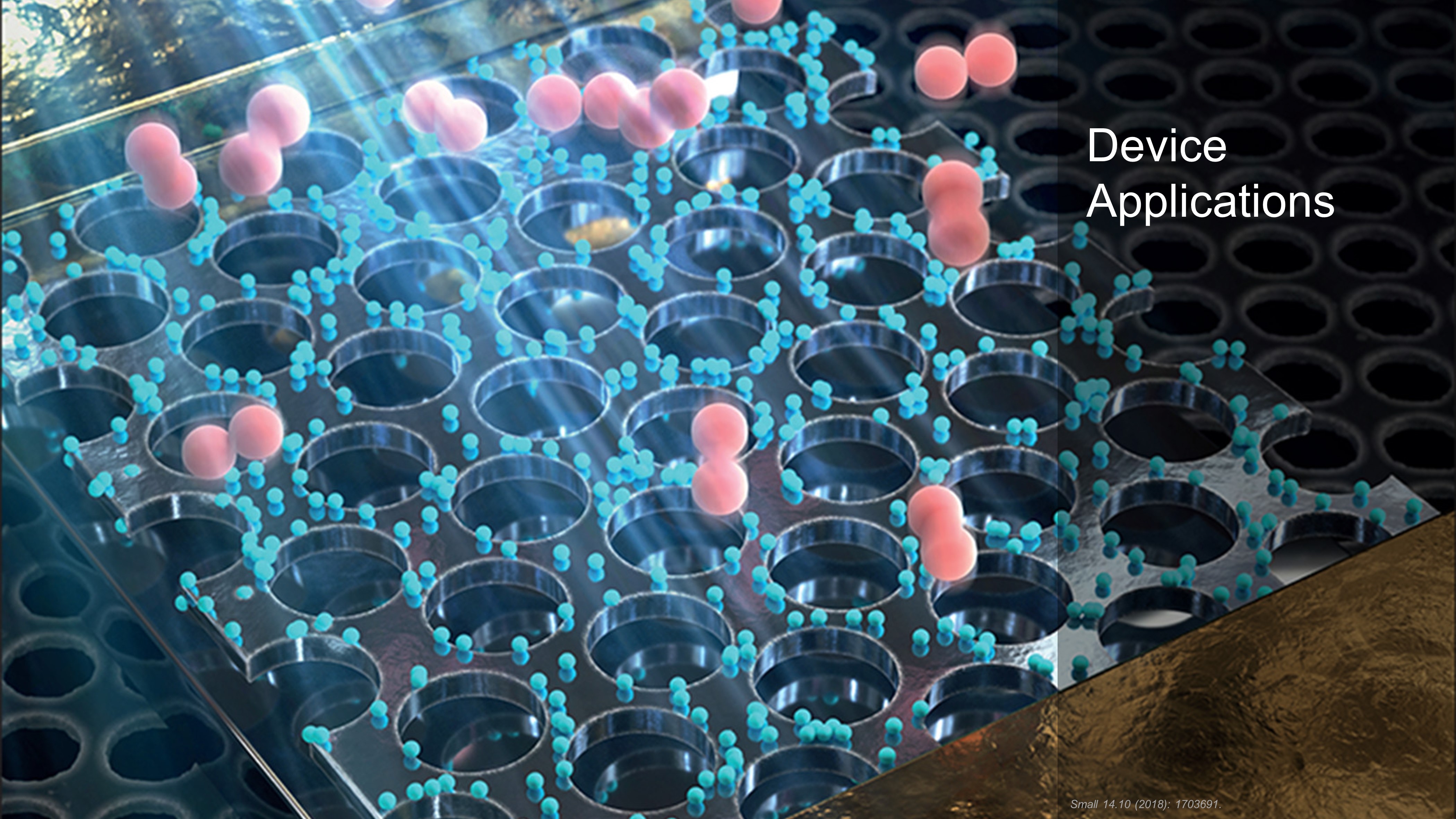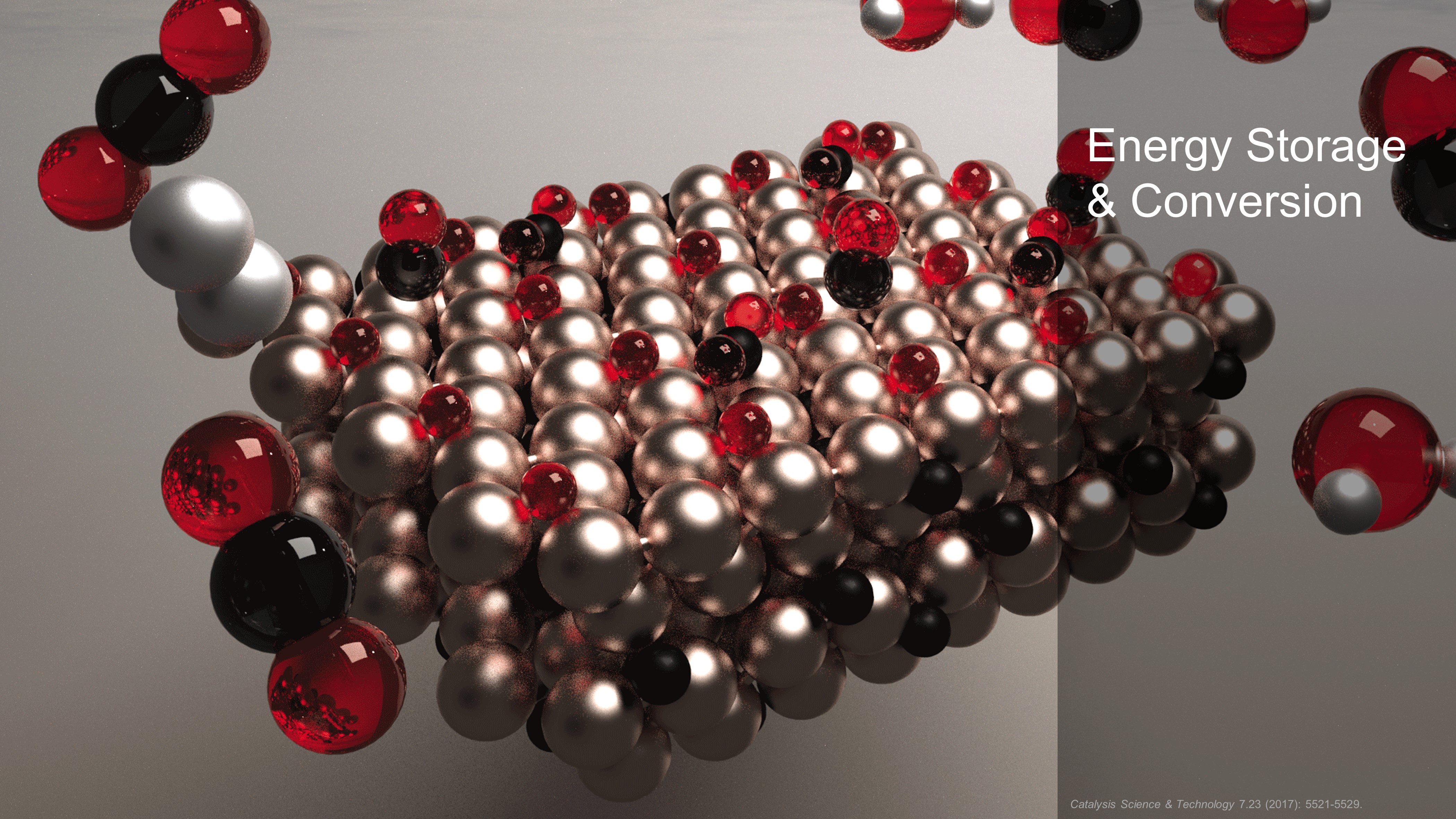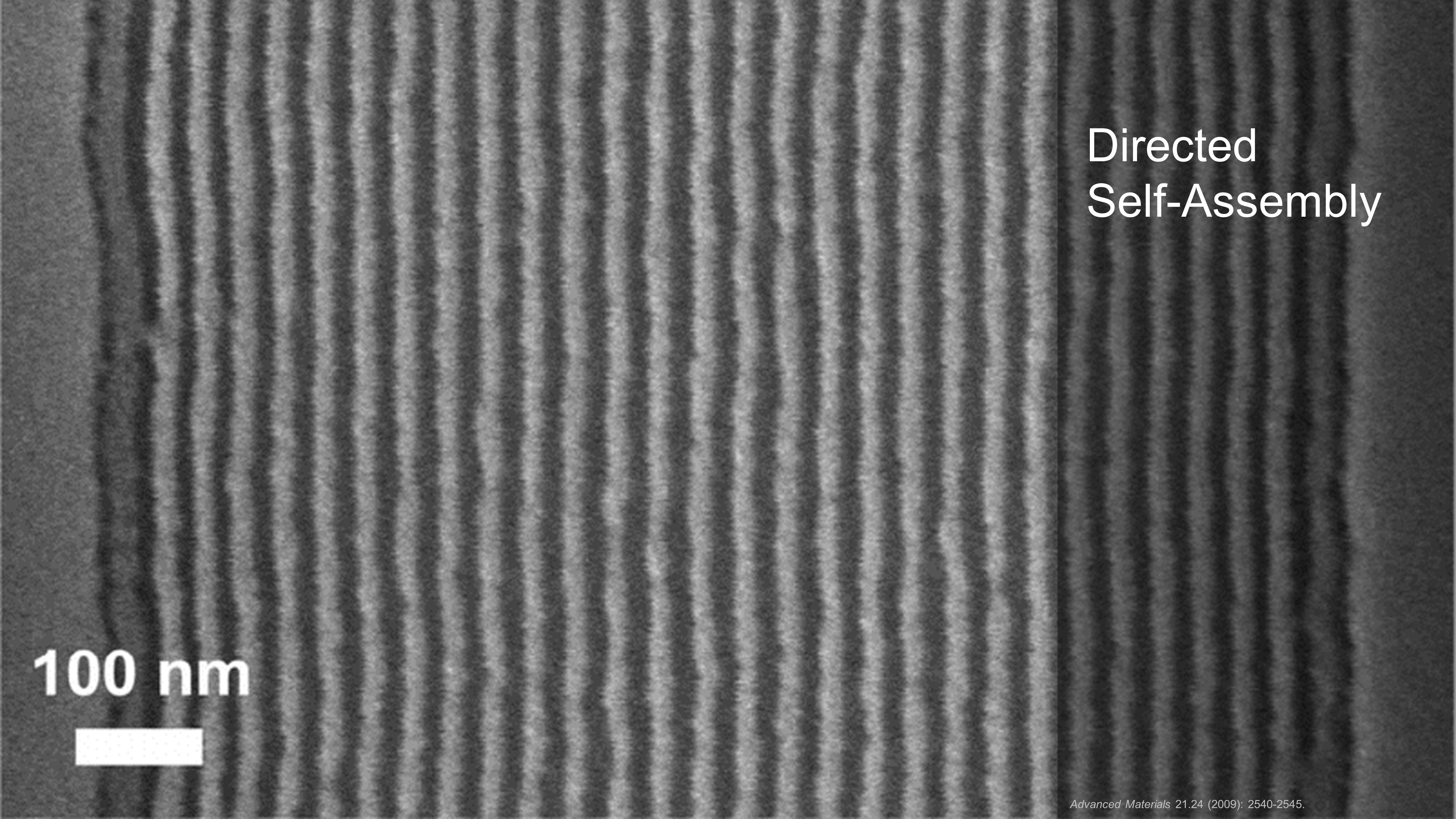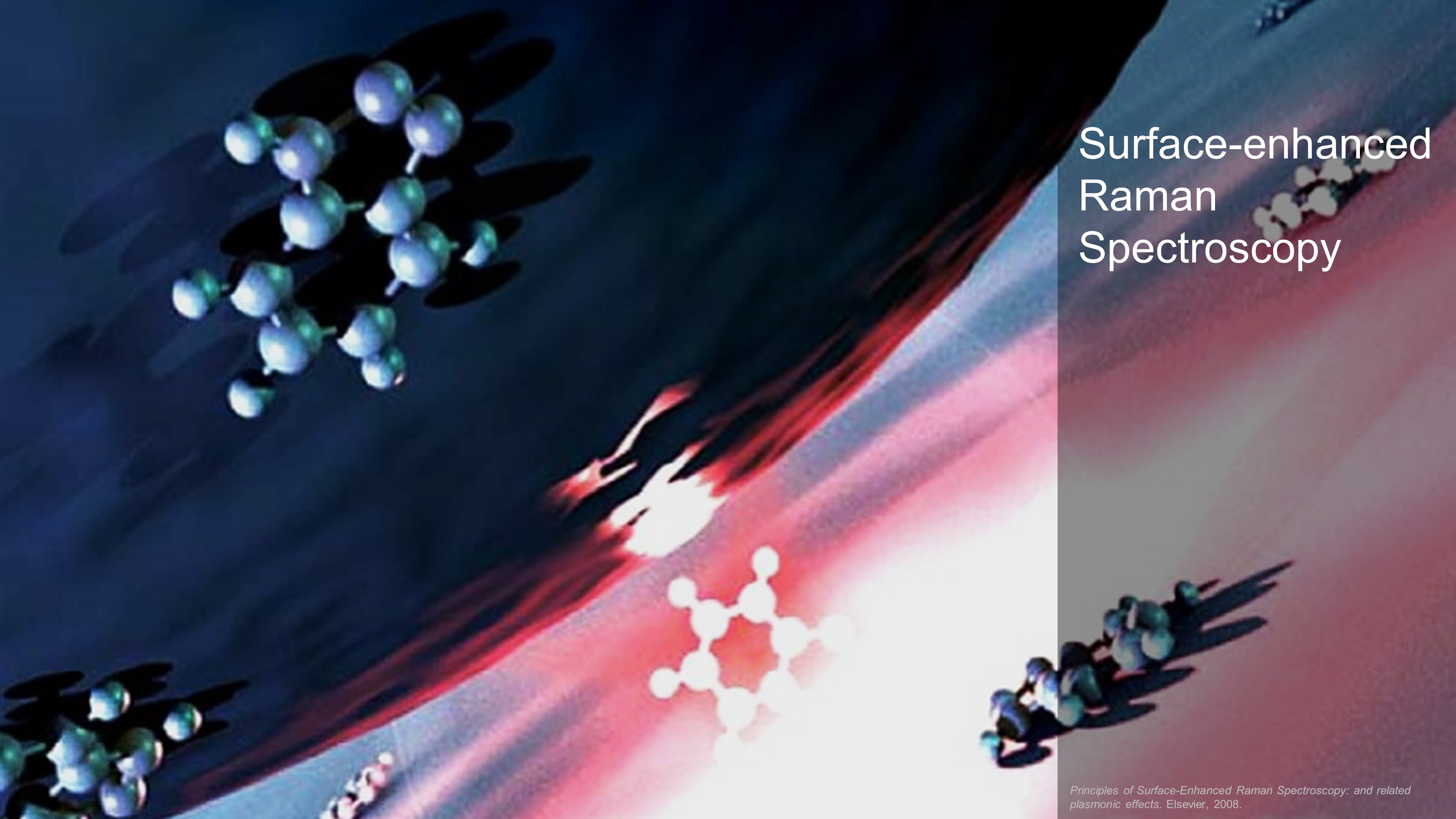Funnano Lab. is interested in enhancing device performances by using novel nanotechnologies. Research is largely focused on self-assembly of polymers, nanoparticles, and nanowires for the fabrication of 2D & 3D sub-10 nm nanoarchitectures. Our nanofabrication technology aims for levels of precision, reliability, and reproducibility suitable for large-scale manufacturing of devices. Devices and systems designed based on our sub-10 nm nanoarchitectures can be potentially applied to energy storage & conversion, optoelectronics, and sensors. Funnano Lab provides a home for creative students and postdocs in pursuit of careers in nanotechnology.
Please feel free to contact Professor Yeon Sik Jung for more information on available positions.
학부 개별연구 학생 모집 공고 (Recruitment Notice : Research Interships for Undergraduate Students)
- 모집 인원: 여름학기 가을학기 각 분기별 1명
- 모집 기간: 각 학기 시작 3개월 전
ㅤㅤㅤㅤ (여름 학기: 3월 29일 18시, 가을 학기: 5월 31일 18시까지 신청 마감) - 제출 양식: 이름, 학년, 간단한 자기소개 및 관심 있는 연구 분야
- 제출할 이메일: ysjung@kaist.ac.kr
- 신청 인원이 많을 시, 선발 절차로 간단한 면담이 있을 수 있음
- Positions: 1 student per each term
- Application deadlines: 3 months prior to the start of each term
ㅤㅤㅤㅤ (Summer term : by March 29, 18:00, Fall term : by May 31, 18:00) - Submission info: Name, grade, brief self-introduction, and research interest
- Submit you application to: ysjung@kaist.ac.kr
- Short interviews may be scheduled depending if there are many applicants
Hierarchical Co-Assembly Achieves Shape-Programmable All-Boron-Nitride Monoliths with Excellent Thermophysical Performances Advanced Materials, 12 January, 2026 [Link]
Versatile Reactive Gradient Block Copolymer System for Highly Robust Nanopatterns With Spontaneous Vertical Orientation Small, 12 December, 2025 [Link]
Catalytic enhancement on nanowire-engineered thermally stable oxide-metal inverse catalysts Catalysis Today, 01 March, 2026 [Link]
Mechanistic Transformation of CuI Nanoparticles Into Oxidation-Resistant 2D Copper Nanoplates Small, 18 November, 2025 [Link]
Active Learning-Guided Accelerated Discovery of Ultra-Efficient High-Entropy Thermoelectrics Advanced Materials, 09 October, 2025 [Link]
Minimizing quantification uncertainty in nanoplasmonic platforms: Multifunctional MoS2-integration for precise biomarker determination InfoMat, 08 October, 2025 [Link]
May 2025 – Minjoon Kim receives the Best Poster Presentation Award in the Korean BioChip Society 2025.
April 2025 – Seo Hyun Kim and Kangkeon Lee receive KIM Student of the Year and Best Top 20 Student of the Year (Oral presentation), respectively in the 2025 Spring Conference of the Korean Institute of Metals and Materials.
April 2025 – Hanhwi Jang and Minjae Ku win the Jang Young Sil Fellow Program from KAIST
April 2025 – Minjae Ku receives the Best Poster Paper Award in 2025 Spring Conference of the Korean Sensors Society.
March 2025 – Subin Choi, Seo Hyun Kim, Baekjin Kim, Sihyun Joo, Taewoon Kim and Seoyeon Jeong join the group.

